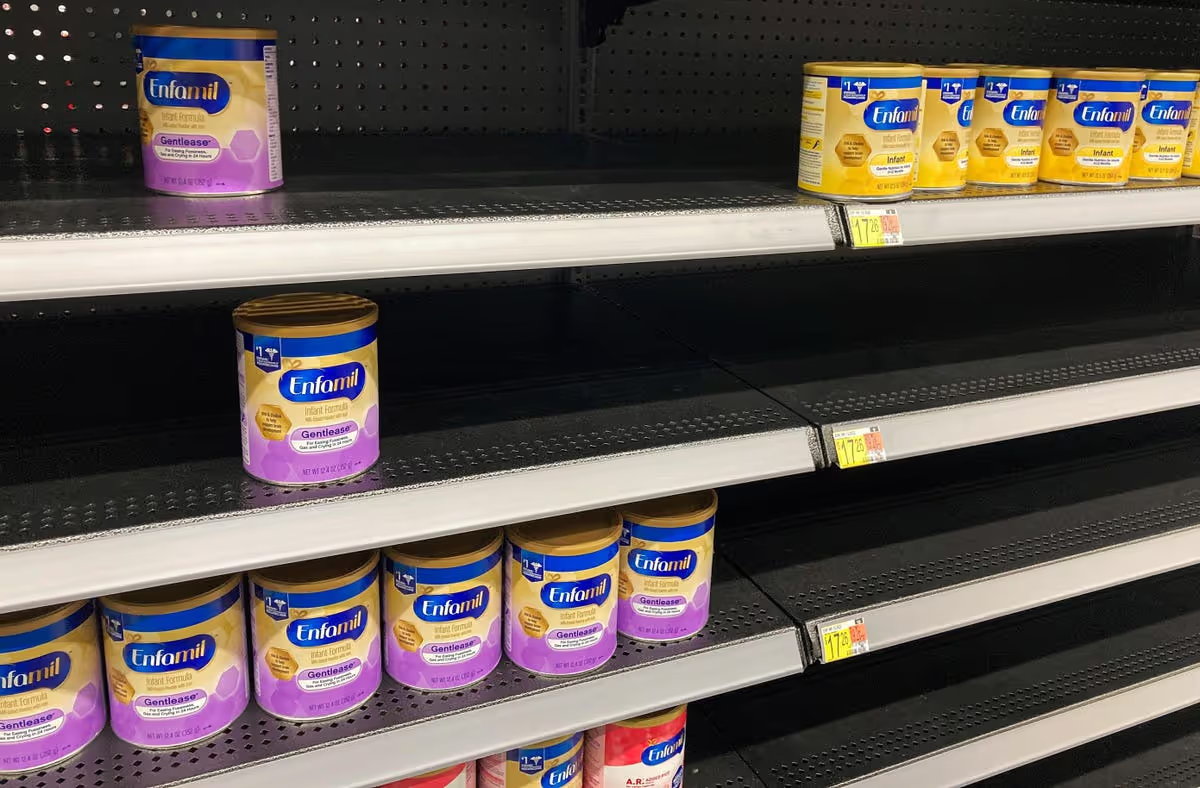.png)
Experts now believe that the shortage may still be weeks before supplies can be adequately replenished.
Earlier, Maroela Media reported that Abbott Laboratories-Nutrition, which manufactures its formula milk at a Michigan plant in the US and exports to several countries, including South Africa, was forced to withdraw some of its products as a precautionary measure in February.
The products were withdrawn after complaints were reported in the U.S. that cronobacter and salmonella organisms are present in the formula milk in question. Products sold in South Africa were also withdrawn by the company for tests.
An investigation by the U.S. Food and Drug Authority (FDA) found that Abbott's baby milk is indeed safe, but nearly 500 "sightings" have been made about the company's factory, AFP reported.
"We acted immediately and implemented remedial action. Subject to the FDA's approval, our plant in Michigan could be up and running again within the next two weeks," the company said.
Business Insider reports that retailers and one major producer's supply of infant formula milk in South Africa is still stable and that what is happening in the US is unlikely to be experienced in the local market.
"In South Africa, we currently have enough supplies to meet current demand. We do not expect risks in the offer in the near future," Saint-Francis Tohlang, Nestlé's director of corporate communications and public affairs for the Eastern and Southern Africa region, told Business Insider.
"Our routine infant formula milk is produced locally, and we are confident in our ability to meet demand. Our functional infant formula milk is imported, but we have so far not highlighted any risks in its supply."
Retailers such as Clicks, Dis-Chem and Pick n Pay also told Business Insider that their stock levels are stable despite the problems facing the US.
In an effort to supplement the formula milk supplies in the U.S., the FDA has pledged to devise plans for formula milk produced elsewhere to be imported.
The FDA currently bans most foreign formula milk, including products manufactured in Europe. This is not due to the quality of the products, but rather because of labeling and packaging standards.
"We believe that these and other ongoing efforts will help dramatically improve supply in the U.S. in a matter of weeks," said Robert Calliff, head of the FDA.
Thank you Maroela Media for this great article, very interesting and something to think about.

.png)
Contribute to your future, a Non Profit Organization and buy us a Coffee with 3 simple clicks and a minute of your time. Imagine what we can do together.
To thank you, we will call you personally.
This is the amount that will be distributed amongst the current shareholders.
Current Share Holders
1102/500,000